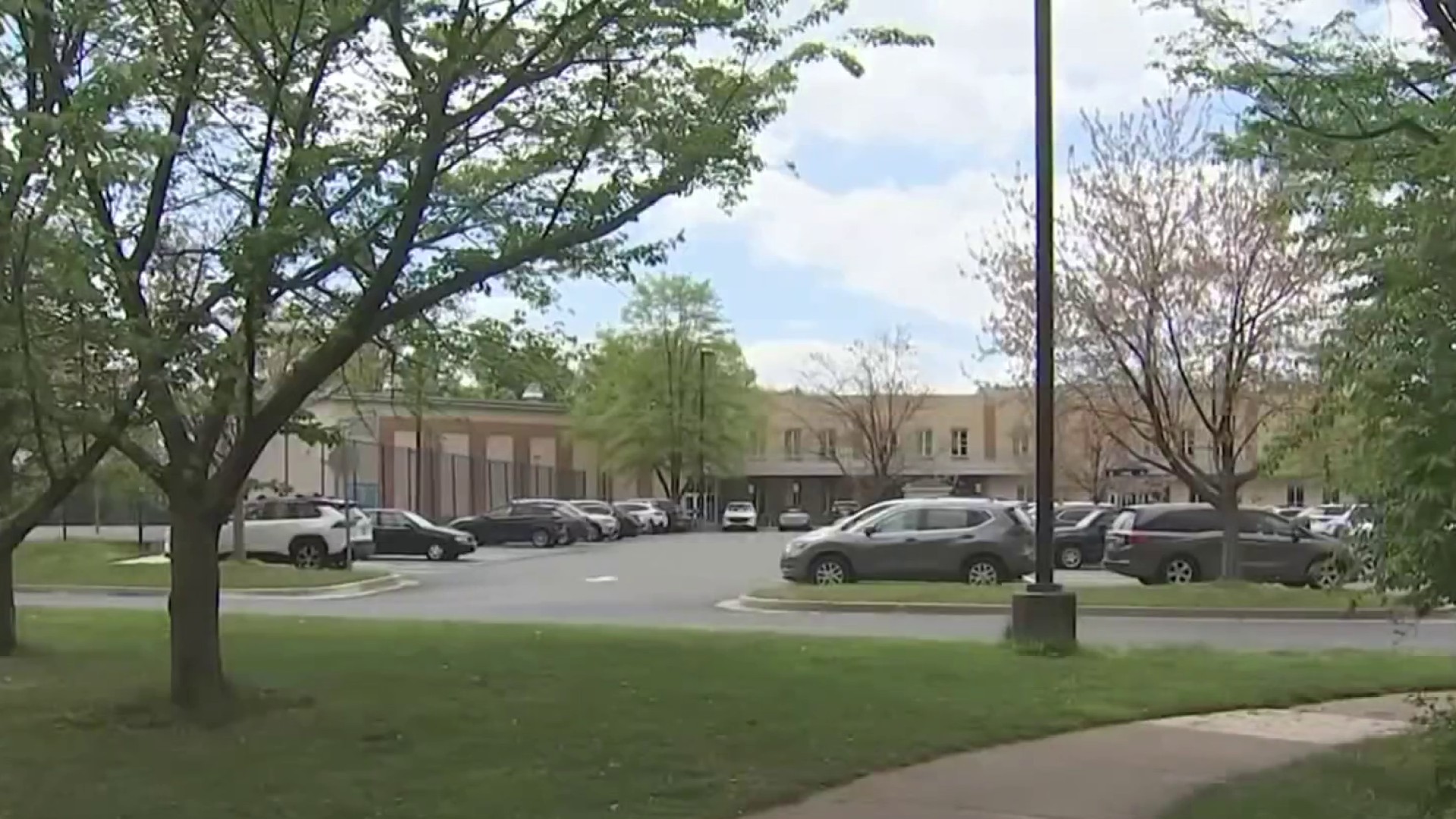Just how big is the District of Columbia budget for 2016?
$12,900,000,000.
Or you can simply write it as $12.9 billion.
Over the next six weeks or so, you’re going to hear a lot about how Mayor Muriel Bowser and D.C. Council members are sparring over streetcars, school construction, sales taxes, parking garage taxes, reserve funds and any number of other fiscal issues.
But remember this: Despite the huge budget of nearly $13 billion, the council and mayor likely will fight over only a few hundred million here or there, if that.
The fact is, final city and state budgets most often reflect what is originally proposed. Legislative members try to shoehorn pet projects or correct egregious spending. But it’s pretty much the mayor’s or governor’s budget.
Here in the District, about 35 percent of the entire budget goes for human services, the largest segment of city spending. The next highest is education, at 17 percent, followed by public safety at 10 percent, public works at 6 percent and economic development at 4 percent. The remainder goes to government overhead and other miscellaneous spending.
Local
Washington, D.C., Maryland and Virginia local news, events and information
The city’s many commercial parking garages often have been a target for extra money. For a long time the tax was 12 percent of the parking fee. Mayor Vincent Gray raised it to 18 percent three years ago. Now, Bowser is suggesting 22 percent to raise an additional $10 million to put toward Metro funding.
Ward 2 Council member Jack Evans has more commercial parking garages in his downtown-to-Georgetown ward than any other council member. At the first council hearing on the overall budget Monday, Evans spoke out against this tax.
“Twenty-two percent is a very high tax,” he said. “Maryland and Virginia do not have a parking tax. They’re at zero.” Evans went on to note that about one-third of garage parkers are District residents, so it’s a tax on them as well as suburban commuters. “And frankly [it’s something] I don’t think we need to do,” Evans said.
Chairman Phil Mendelson appeared almost furious at the Bowser proposals to raise the sales tax from 5.75 percent to 6 percent, the same as that of Maryland and Virginia. And he objected to Bowser’s plan to dip into some reserve funds to help close a $193 million projected deficit. The chairman said raising taxes was not the message Bowser took to Wall Street recently to discuss bond ratings on city debt.
“When we met with Wall Street last month, we emphasized that we did not need to dip into reserve funds or raise taxes,” Mendelson said. “And yet the budget before us does not [follow] this. It does dip into the fund balance. It does raise taxes.”
Mendelson complained that Bowser calls her budget “balanced,” but he said, “Next year we will be spending faster than the money is coming in.”
Every mayor has had to sit through these council budget hearings. Every council member praises the mayor for appearing and then launches into what isn’t in the budget that the member wants. Bowser throughout was gracious and polite even when the criticism seemed endless.
It was a surprise to see Bowser’s elderly parents come into the council chamber. If they were there to soften Bowser’s performance, or restrain council comments, it didn’t work.
Late in the day Monday, the budget hearing shifted to Bowser’s surprise move to take control of a half-dozen city jobs that now have set terms, like the medical examiner and chief contracting officer. Instead of filling the positions for specific, independent terms, those appointees would serve at the will of the mayor, making them more politically sensitive. Council member Cheh pretty much called it a power grab buried in the budget.
And council members are expressing concern that Bowser is attempting to dilute the power of elected Attorney General Karl Racine by essentially gutting his ability to rule on the legal sufficiency of her contacts. The mayor instead would shift that power to her own legal counsel. On Friday, Racine said on WAMU’s Politics Hour that he would not have run for the office under the terms Bowser is trying to set.
The mayor’s office says all of this is overblown. But these issues and the budget disputes may also highlight another element that could hamper Bowser. Like her mentor, former Mayor Adrian Fenty, Bowser built few personal relationships with the council members she served alongside.
The mayor doesn’t have to like the council members, or kowtow to them. But their lingering perceptions of her as someone who just wants to get her way could spell trouble.
Still, expect the mayor to prevail on all but a handful of issues in this $12.9 billion budget. That’s the way the system works.
■ Notebook note. We’re off to see Cuba on a fact-finding mission. (What’s the best rum on the island, among other things?) We hope to be back in this space May 6.
Tom Sherwood, a Southwest resident, is a political reporter for News 4.



